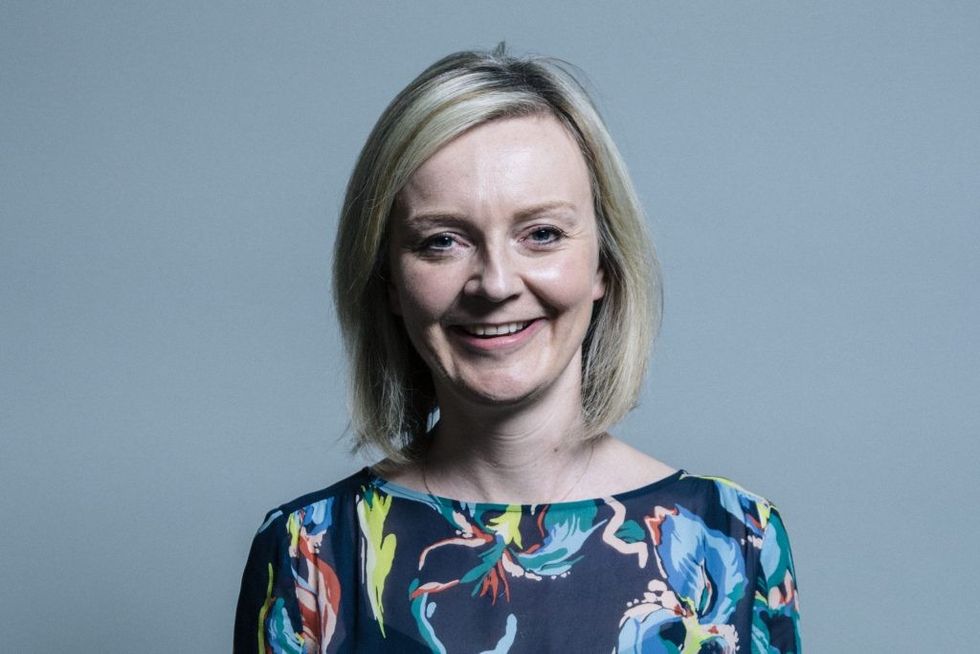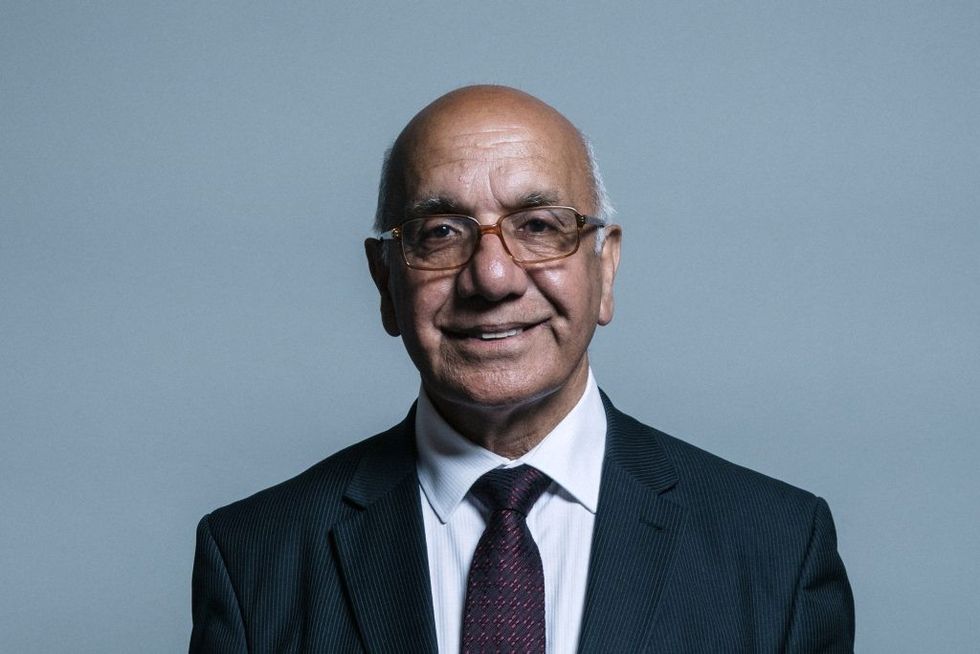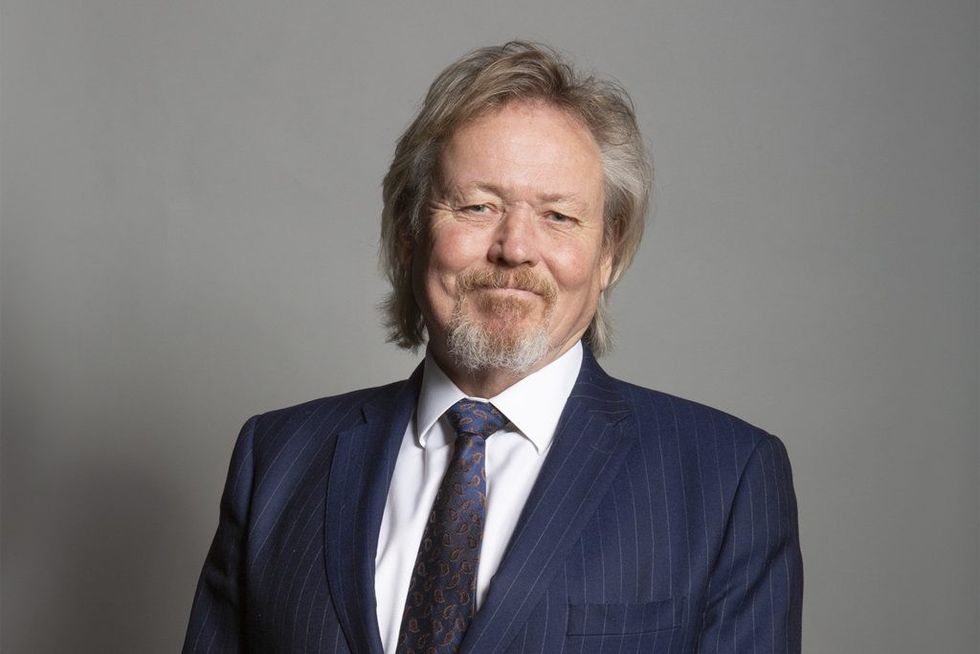As the House of Commons debated the Tobacco and Vapes Bill on Tuesday, several MPs have raised its impact on the shopkeepers who would be required to implement the generational smoking ban.
The bill passed a vote in the Commons with 383 in favour and 67 against, meaning it will progress to the next stage in parliament, where it can be subject to amendment. 57 Conservatives, including business and trade secretary Kemi Badenoch, voted against the bill.
The Tobacco and Vapes Bill aims to prevent children born since 2009 from ever being able to legally buy tobacco, rather than criminalising the habit.
The legislation also seeks to clamp down on young people vaping by restricting flavours and packaging to make them less appealing to children.
Prime minister Rishi Sunak's plan to impose some of the world's strictest anti-smoking rules has angered some members of his governing Conservative Party, including former prime ministers Liz Truss and Boris Johnson, who say the state should not interfere in how people live their lives.

Participating in the debate, Truss said: “I want Members of Parliament to think not just about what happens if we ban smoking for people who are over the age of 18, but about the implications for shopkeepers who have to identify whether people are the right age. Will it mean that people have to carry ID into shops with them into their 40s? What are the practical implications? It is a very dangerous precedent to start saying that some adults can have the freedom to smoke and some cannot.
Labour MP Virendra Sharma supported the bill, but said the government should provide more enforcement support to retailers.
“The government are offering £10 million per year for three years to trading standards. That would be good if there were only 20 trading standards departments across the UK; unfortunately, there are 197, so the offer is pure tokenism,” he said.

“Under the generational smoking ban, the government want to make every shop worker a target for every shopper, just to cover their own failure. Shopkeepers in my constituency are greatly concerned about the pressure this ban will place on them as retailers and on their staff.”
Noting that retail workers already suffer ‘unacceptable behaviour’ from customers on a daily basis, he said the new ban will only make it worse.
“I must say that all those ethnic minority shopkeepers are concerned but supportive of this move; they believe that the ban should be in place, but that they should be supported. They feel strongly that at present, not enough support is coming from the bill and the government. I hope that the government will take on board some of what I have said, and that the bill will emerge much amended on third reading.”
Mark Eastwood, Tory MP for Dewsbury, said the bill is unenforceable and will put undue pressures on legitimate tobacco and vaping retailers.
“Those points were raised with me recently by shopkeepers at a parliamentary Association of Convenience Stores event. All the shop owners who spoke to me were genuinely concerned about the violence and verbal abuse to which they would potentially be subjected for trying to enforce the age limits set by the Government, and they also felt that they would lose more revenue to shops in their areas selling illegal vapes and cigarettes,” he said.

Sir Simon Clarke, former levelling up, housing and communities secretary, also said the ban will “in practice be a nightmare” for shop workers.
“It will place them in an invidious position, which is likely to lead either to them facing real trouble in their shops or, frankly, to them passing the buck and ignoring the law, and making a mockery of its existing at all.”
Giles Watling, said the implementation of the ban would be “clearly nuts,” putting shopkeepers “in the firing line.”
“I could support a ban on selling these products to those under 21, 18 or whatever. Such a ban could hit the government’s laudable goal of killing off under-age consumption by getting the sale out of teenage years entirely. That is simple and impactful, and is preferable to a law that puts the shopkeeper in the firing line, having to interrogate people and turfing out the 22-year-old, while questioning the 24-year-old and supplying the 25-year-old. That is clearly nuts,” the Clacton MP said.

“I have spoken to retailers in Clacton, and the generational nature of the ban is quite frightening for many. To many it seems like a charter for confusion and confrontation. It also might criminalise people inadvertently.”
He suggested a licensing scheme for retailers as the way forward.
“If we want to clamp down on the very real issue of illegal cigarettes and the under-age sale of cigarettes and vapes, we need a licensing scheme that properly funds trading standards, rewarding responsible business owners and going after the villains,” he said.

















 Steph McGovern
Steph McGovern Lucy Edwards
Lucy Edwards


